What to expect when your teenager starts dating - plus, how to make sure they're safe and feel comfortable opening up to you about it
We've asked the experts for their advice on navigating your teen's first relationship


So, your teenager has started dating and you have no idea what to expect. Here are all your questions answered, by a family expert and a psychologist.
Raising teens is just as hard as looking after small children. There might be no more nappy changes or nighttime feeds, but older kids come with a whole new set of anxieties for parents, including worrying about how much sleep teenagers need or why their teenager won't talk to them anymore. And while it's totally normal for teens to start dating and maybe even bring a romantic partner back home to meet the parents, it's an event that can be difficult to navigate.
As well as wondering if your teenager is safe, if they're being treated well and how they might cope with a messy breakup, you might also be wondering about what boundaries need to be put in place and what you should or shouldn't allow your teenager to do when it comes to dating. Specialist family law coach and Life Coach Directory member Nina Francis-Young tells us that it all comes down to communication. "The first thing that I advocate and explore with all of my clients is what we mean by 'dating'. A shared understanding is so important, as it means that all the significant adults in the teenager’s life are unified in their expectations and boundaries," she says. "Without this, your teenager will be receiving mixed messages, which will only confuse them."
With this in mind, we've spoken to the experts to find out what you can expect when your teen has started dating, what you can do to make sure they're safe, and the questions you can ask to make them feel comfortable about opening up.
When should I allow my teenager to start dating?
Many kids will express interest in having a boyfriend or girlfriend as young as primary school. But these playground relationships have a far different dynamic to the romantic relationships they may forge when they're in their teen years, leaving some parents wondering what age it's appropriate for them to start properly dating.
As licensed clinical psychologist Dr Tori Cordiano says: "Rather than a specific age or grade when dating is permitted, it's helpful to think about a teenager's decision-making and their level of maturity and responsibility. Many younger teenagers 'date' in ways that don't look much like traditional dating - they might spend time together in a larger group, or (especially with younger teens) they might be 'dating' without really having much one-on-one contact at all."

That said, if you're the parent of a teen who has started seriously dating, there's not much you can do to prevent this - regardless of their age - as Nina explains. She says, "If your teenager wants to experiment with dating and physical intimacy, they will have ample opportunity to do so and you will be hard pushed to prevent it."
GoodtoKnow Newsletter
Parenting advice, hot topics, best buys and family finance tips delivered straight to your inbox.
Nina advises working to establish mutual trust, respect and powerful communication strategies. She says that these aspects of your relationship with your teen will put you in a much stronger position to explore the world of dating with them, including what it means to them, what their friends are doing, and the difference between what dating looks like in the mass media and ‘real dating’.
"From here, you can explore together what they want, and you can guide them to where you feel comfortable too," adds Nina.
What can I expect when my teenager starts dating?
Depending on the nature of your relationship with your teenager, they may not reveal to you that they are dating right away, or, alternatively, they might be excited and want to tell you all about it.
Dr Cordiano says, "While this isn't true for every family, you might also expect some resistance from your teenager in talking about their dating life. That's okay - it's still important to have the conversations (just keep them short)."
Meanwhile, Nina says that if your teen is reluctant to tell you about their romantic life, it will "likely be rooted in embarrassment or fear or reprimand". However, she adds, "If you have strong communication and can put yourself in your teenager’s shoes, you will be better equipped to overcome either situation."
Remember that your teen's dating life might look a little different to what we picture as traditional dating if they are in early adolescence.
How can I make sure my teen is safe when they start dating?
For many parents, their first concern when they find out their teen is dating will be whether they are safe. The only way to put your mind at ease is to talk to your teen, but these conversations can feel awkward.
Dr Cordiano suggests "getting in front of the awkwardness" by saying something like: 'Listen, I know this isn't a conversation you're dying to have, but it's important to me that we talk through some things now that you're dating. I promise to keep this short.'

Meanwhile, Nina explains, "One of the most important safety issues to address is boundaries; what are boundaries and how does your teenager stay true to their boundaries?" She adds that the most effective boundaries come when your teenager has a sense of their self-value and worth, so this is the first thing to explore with them.
Dr Cordiano adds that it may seem like your teen isn't listening when you have these conversations, but they will be taking in what you say, so it's important to relay guidelines and expectations around issues such as where your teenager is permitted to go and with whom, consent for romantic and sexual behaviours, and what you want them to do if a relationship starts to make them feel uncomfortable in any way.
Nina says that ultimately it all comes back to the respect, trust and strong communication you have hopefully built into your relationship with your teen. She explains, "You will not be able to have meaningful conversations with your teenager if you have not created a safe and valued space of positive communication. This is where you start and this should start when they are young children, but starting now is better than never."
What questions should I ask my teenager when they start dating?
From our writer...

Ellie Hutchings - Features Editor
After speaking to our experts, it seems clear to me that taking an open, non-judgmental approach to your teen's first forays into dating is key to making sure they are safe and feel supported. I'm sure we can all remember how exciting that first relationship is - as well as how tough teen breakups can be. You'll want your teen to feel they can share the happy times with you, but also know that you'll be there with open arms if things go wrong.
It's natural to want to know the details about your teen's relationship, but asking too many questions could put their back up, and discourage them from offering up the information themselves.
As Nina says, "Unless you have already established good communication channels with your teenager, then asking questions will be fruitless as they may just refuse to respond to you or tell you what you want to hear. They may also interpret your questions as you trying to find fault, or invading their privacy."
Our experts advised that asking open-ended questions and avoiding being too direct is the best route to take. Asking your teenager about how they feel in their relationship, or how the person they're with makes them feel, is a good place to start.
- "It seems like you're in a good mood when you come home from [name]'s house - what makes you feel good about spending time with them?"
- "How are things with [name]?"
- "How do you feel when you are with [name]?"
Dr Tori explains that, for girls in particular, centring their own experiences and preferences is an important part of learning to cultivate healthy, fulfilling relationships. Asking them these questions communicates that their own feelings should be an essential part of their romantic life.
We spoke to the following experts:
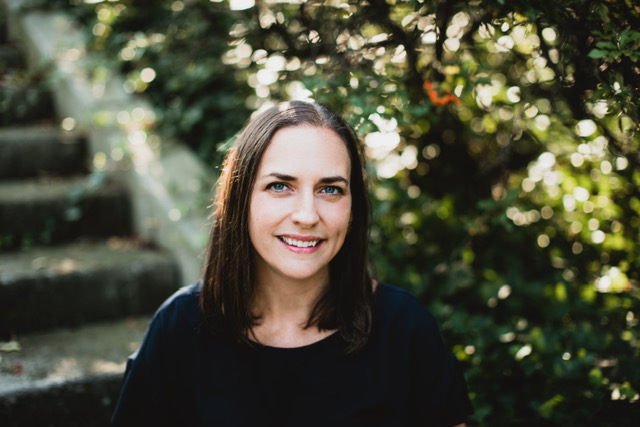
Dr. Tori Cordiano is a licensed clinical psychologist who specializes in the emotional, psychological, and behavioural development of children and adolescents. She is a consulting psychologist for Laurel School in Shaker Heights, Ohio, and a co-director of Laurel School's Center for Research on Girls.
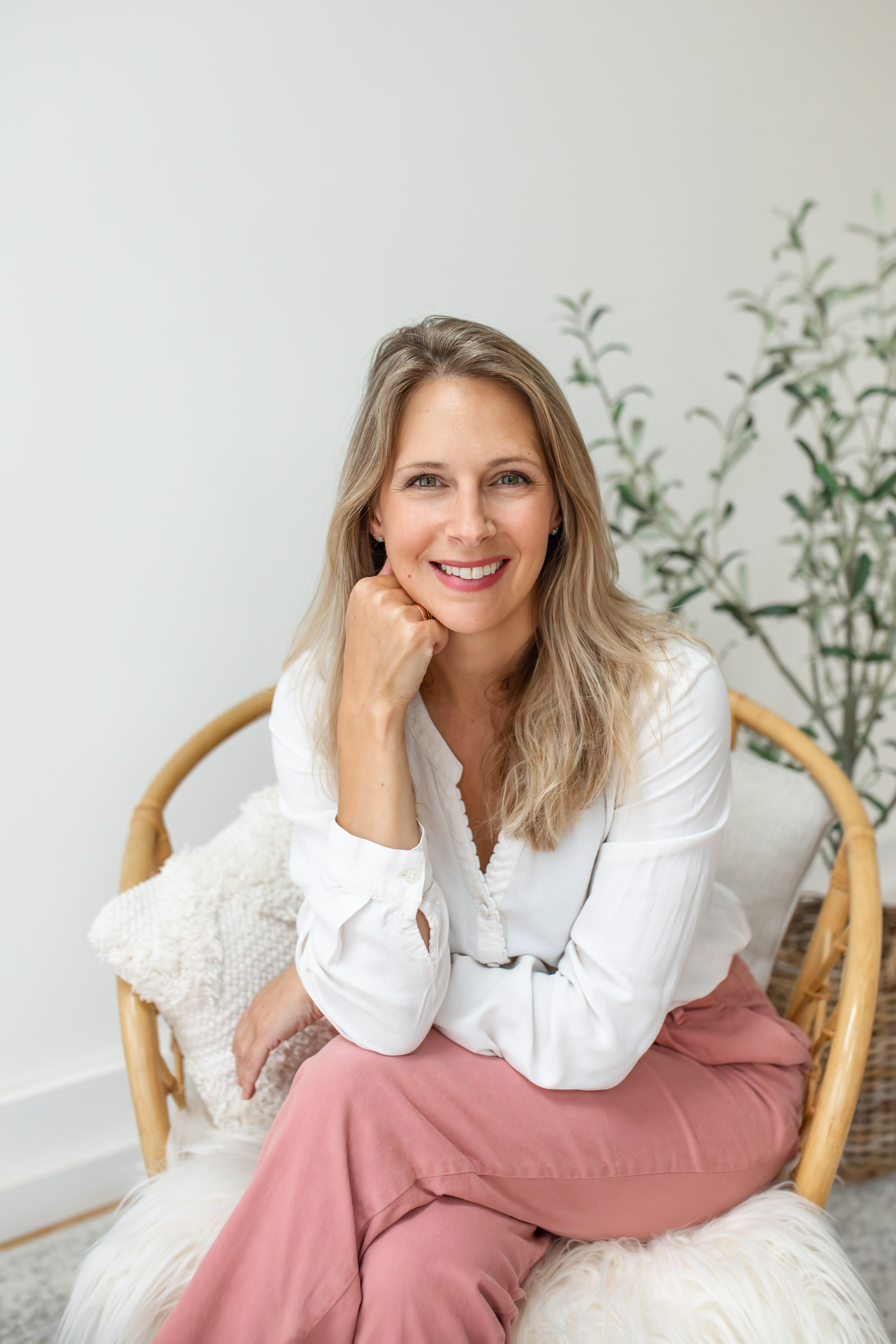
Nina Francis-Young is the founder of Frank. conversations, and a specialist family law coach who has worked with many parents of teenage children. Her specialism lies in supporting separated parents and co-parents to support their teenagers. Nina has a background in education, academic psychology and sociology and combines these specialisms to inform her scientifically underpinned coaching practices. Nina is also a Mum to four, two of whom are teenagers.
Elsewhere, this is the real reason your teenager is sleeping in late, and if your teen never takes your advice, here's how to make yourself heard. Meanwhile, research has shown that your favourite TV show could influence your teen's future career.

Ellie is GoodtoKnow’s Family News Editor and covers all the latest trends in the parenting world - from relationship advice and baby names to wellbeing and self-care ideas for busy mums. Ellie is also an NCTJ-qualified journalist and has a distinction in MA Magazine Journalism from Nottingham Trent University and a first-class degree in Journalism from Cardiff University. Previously, Ellie has worked with BBC Good Food, The Big Issue, and the Nottingham Post, as well as freelancing as an arts and entertainment writer alongside her studies. When she’s not got her nose in a book, you’ll probably find Ellie jogging around her local park, indulging in an insta-worthy restaurant, or watching Netflix’s newest true crime documentary.
-
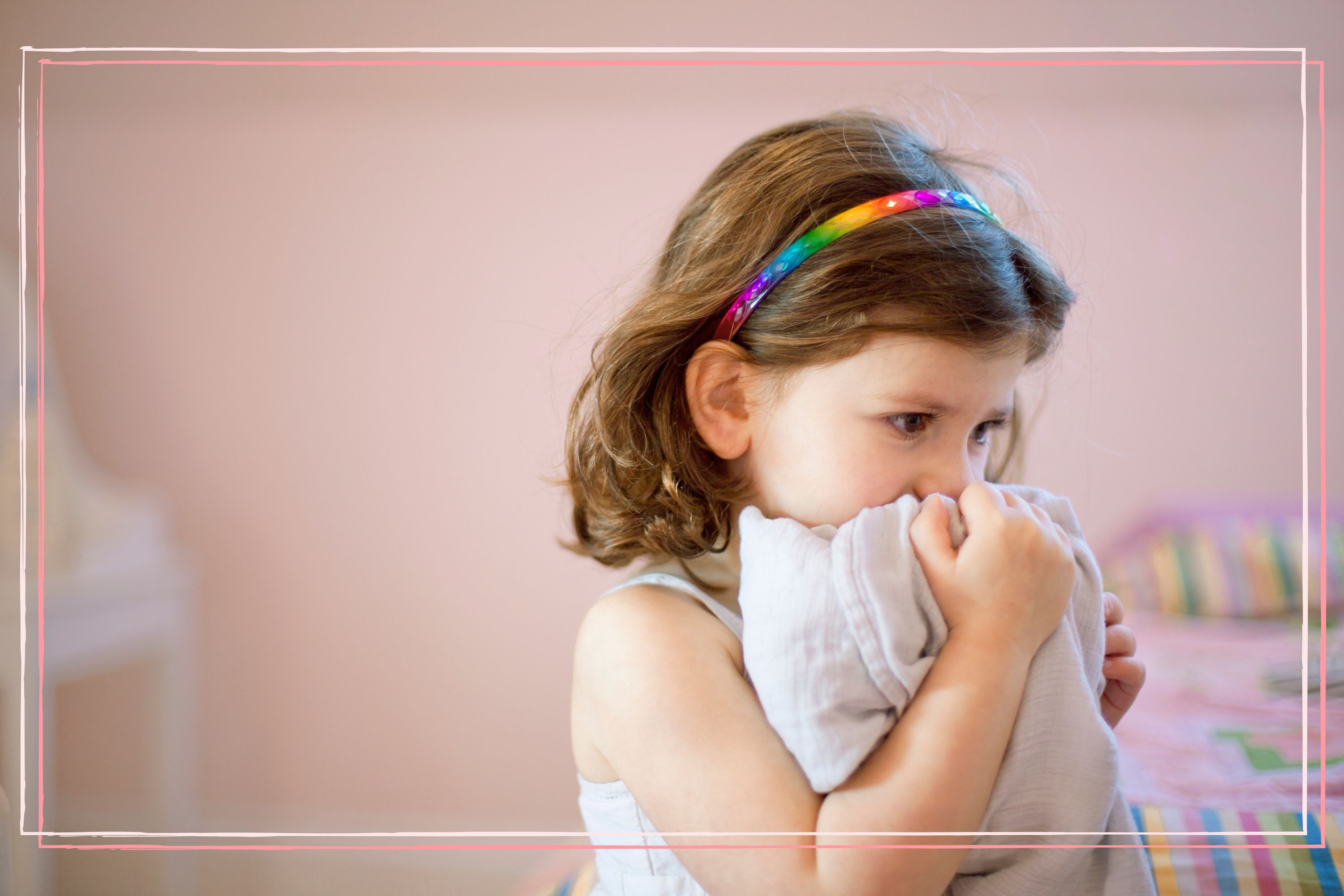 Raising an anxious kid? Here are 6 things that mental health experts want parents to know (and #1 could be a game changer)
Raising an anxious kid? Here are 6 things that mental health experts want parents to know (and #1 could be a game changer)If you have a child who often experiences feelings of anxiety, psychologists have explained some ways you can respond when they're struggling with their emotions.
By Ellie Hutchings Published
-
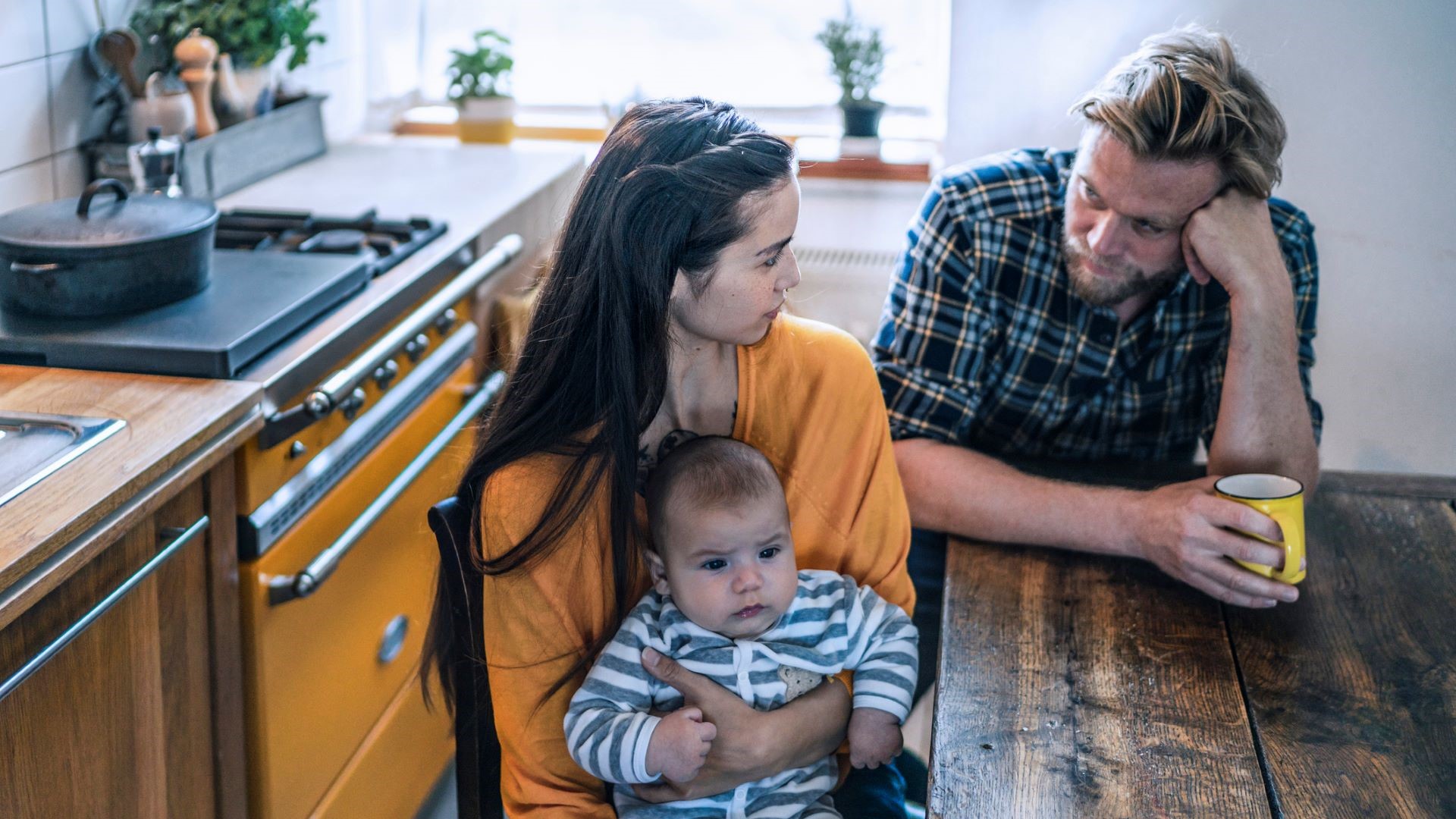 How to fix your marriage, while raising kids, without therapy - a psychotherapist unpicks the top three relationship issues
How to fix your marriage, while raising kids, without therapy - a psychotherapist unpicks the top three relationship issuesWhat to do when your parenting responsibilities mean your relationship energy is running on fumes.
By Joanne Lewsley Published
-
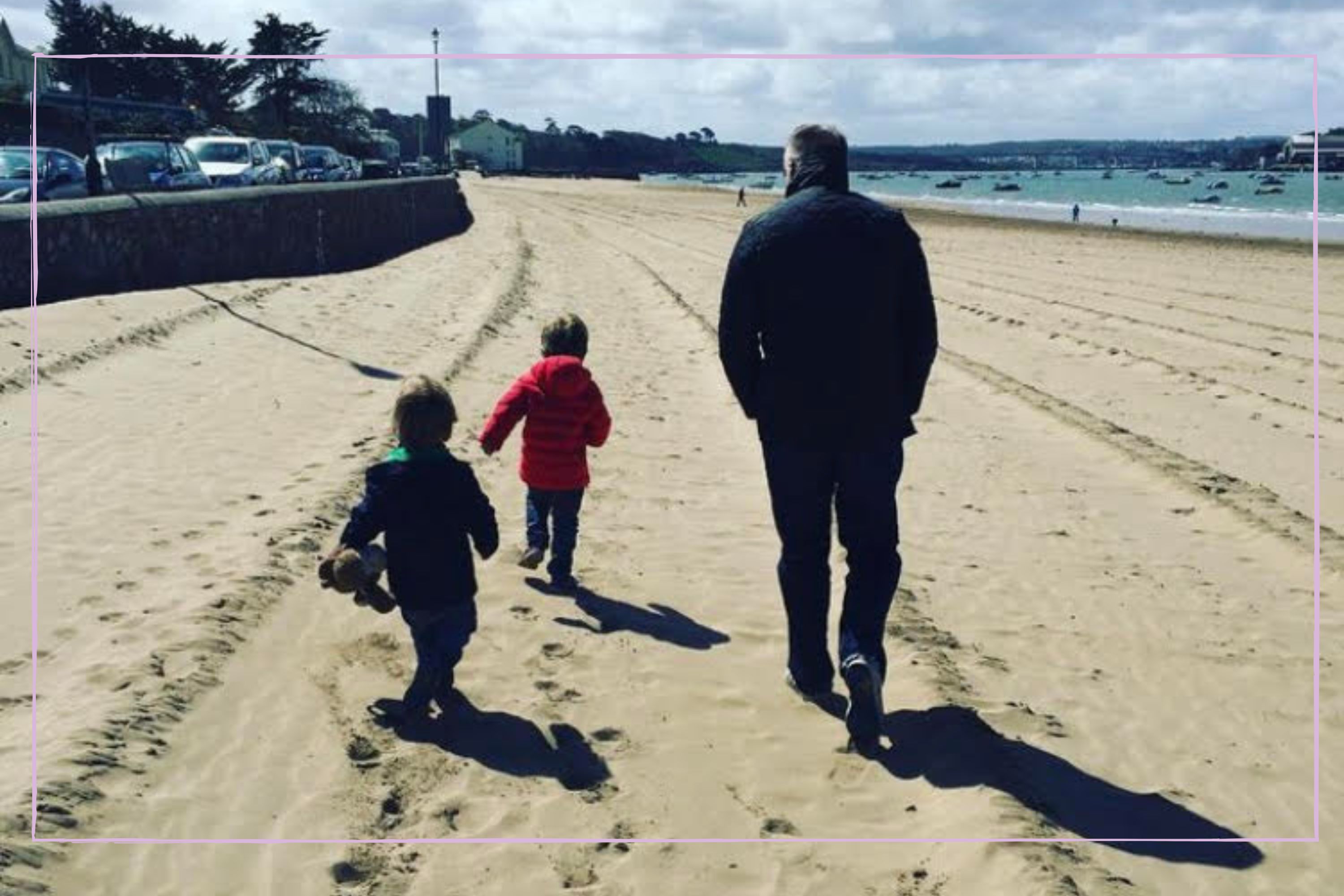 "She eventually agreed" - I pushed my partner into having kids when she wasn't ready and here's why I really regret it
"She eventually agreed" - I pushed my partner into having kids when she wasn't ready and here's why I really regret itThere's never a 'right' time to have kids, especially when an age gap between a couple is involved. One dad shares his regret at asking his younger wife to start a family.
By Lucy Wigley Published
-
 Half of British parents are ‘too tired to have sex’ a study reveals, a relationship expert shares her tips (and it’s not just kids who should put down their screens)
Half of British parents are ‘too tired to have sex’ a study reveals, a relationship expert shares her tips (and it’s not just kids who should put down their screens)Here's how you can re-energise in the bedroom, according to a relationship expert
By Selina Maycock Published
-
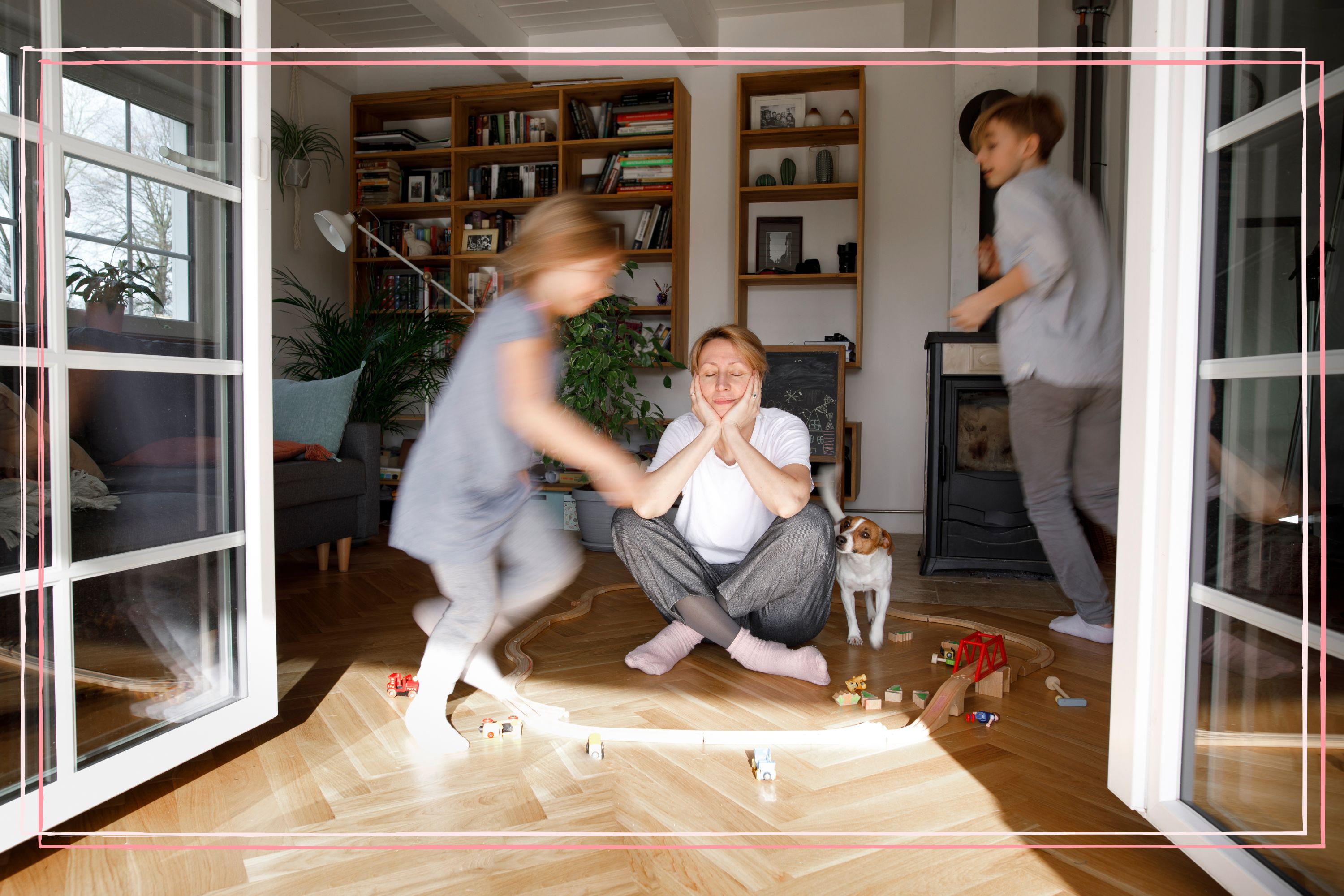 Sorry, parents - you might have 18 years of sleep deprivation ahead of you, as a new survey shows teens disrupt sleep just as much as toddlers do
Sorry, parents - you might have 18 years of sleep deprivation ahead of you, as a new survey shows teens disrupt sleep just as much as toddlers doA new survey has revealed that teens disrupt their parents' sleep just as much as toddlers do (and, sorry, it gets worse the more children you have).
By Ellie Hutchings Published
-
 How to co-parent: 9 legal-expert led tips that could help (even if you don't get on)
How to co-parent: 9 legal-expert led tips that could help (even if you don't get on)It's hard to get used to the post-divorce dynamic, but don't let it impact your parenting approach
By Stephanie Lowe Last updated
-
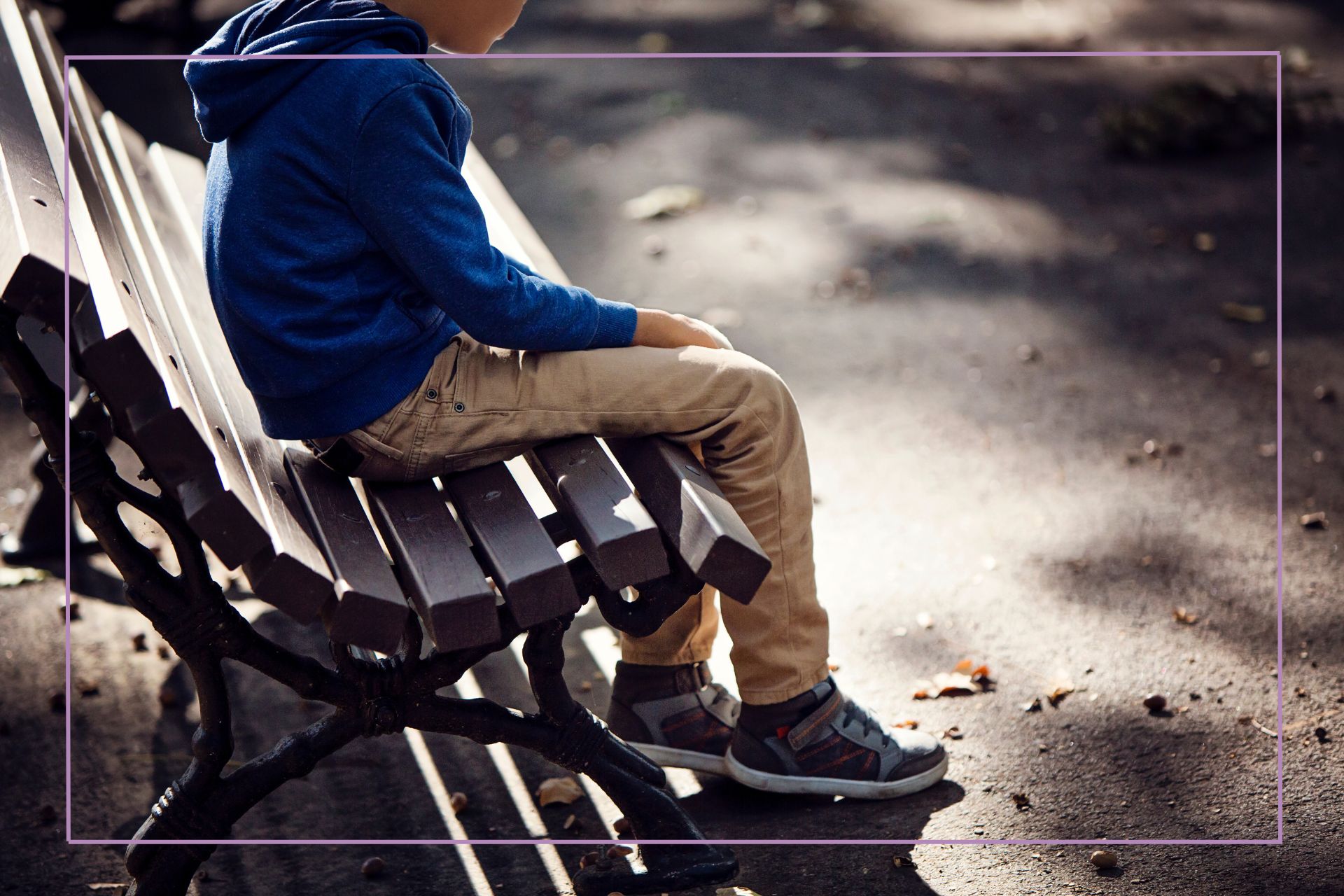 Neglectful parenting: what is it and how does it look? We ask two psychotherapists for all the information (plus what the lasting effects might be)
Neglectful parenting: what is it and how does it look? We ask two psychotherapists for all the information (plus what the lasting effects might be)Neglectful parenting isn't necessarily a parenting style choice
By Stephanie Lowe Published
-
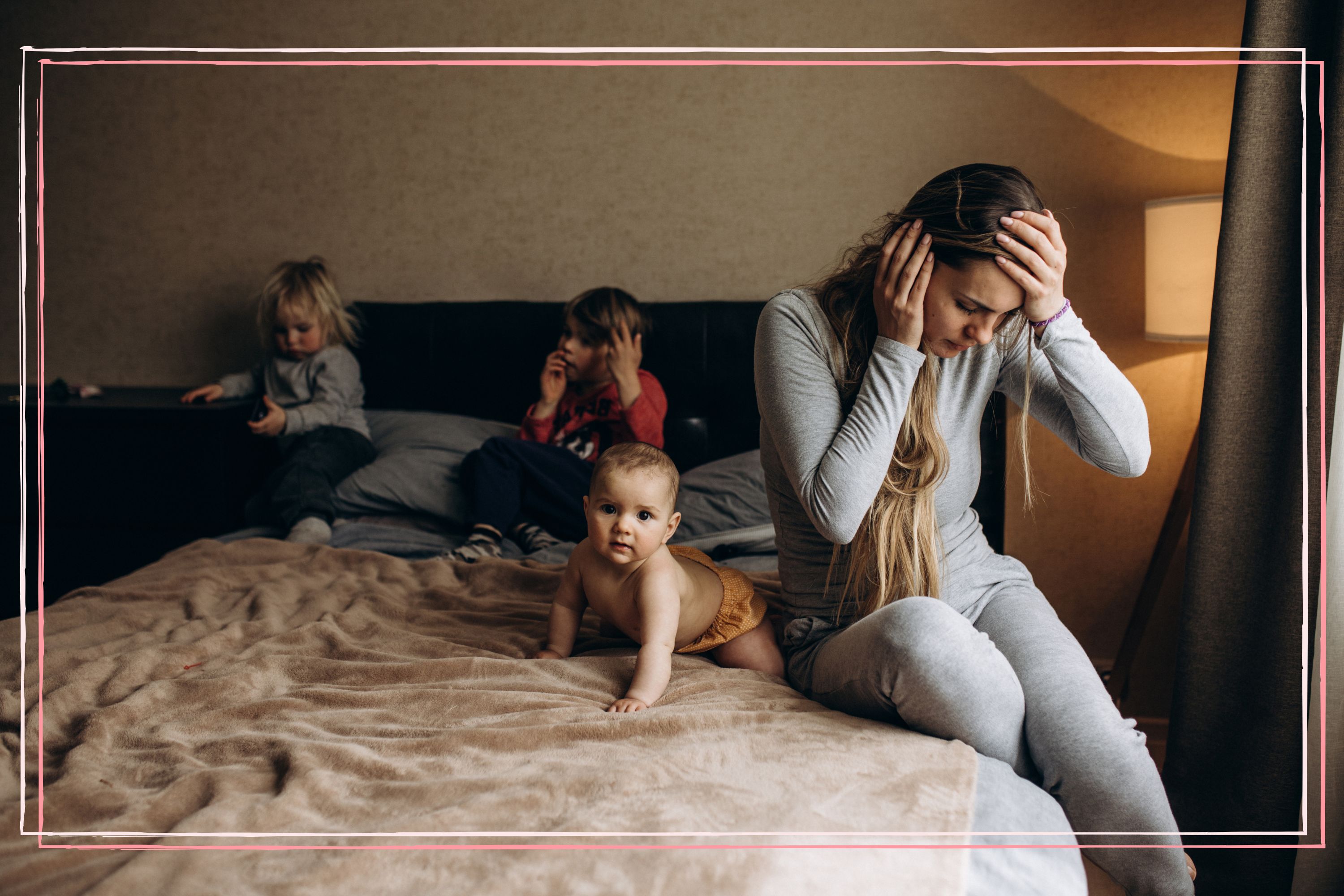 Finding winter days tough? You're not alone - over half of parents say it's the hardest time of the year, and kids aren't fans either - try these 5 ideas to get through it
Finding winter days tough? You're not alone - over half of parents say it's the hardest time of the year, and kids aren't fans either - try these 5 ideas to get through itHere's how your family can fight the winter woes, after a study shows 58% of parents find it the hardest time of the year
By Ellie Hutchings Published